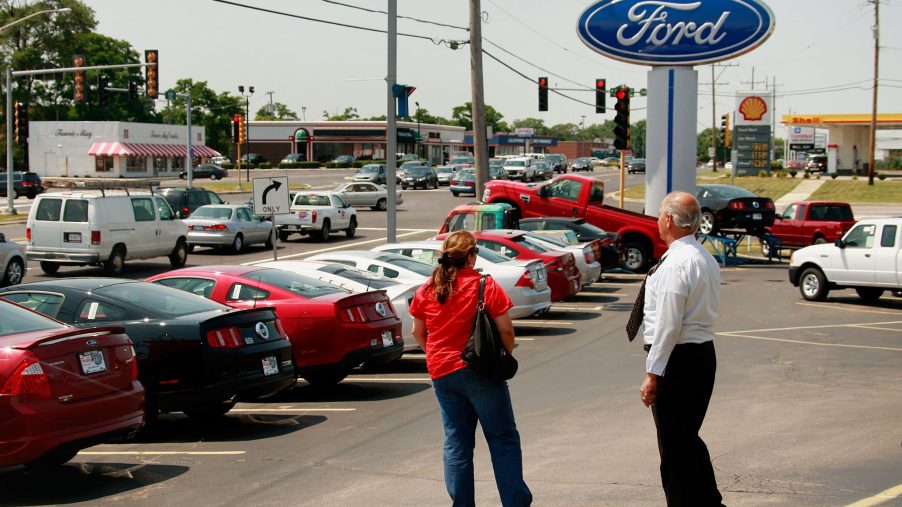
New Car Prices Shot Way Up Last Month: Now Over $45,000
Vehicle prices keep breaking records. For the sixth straight month, Kelley Blue Book says the average transaction price of new cars in America is $45,031. That is for September and is a 12.1-percent increase over September 2020.
New car prices rose four percent in one month
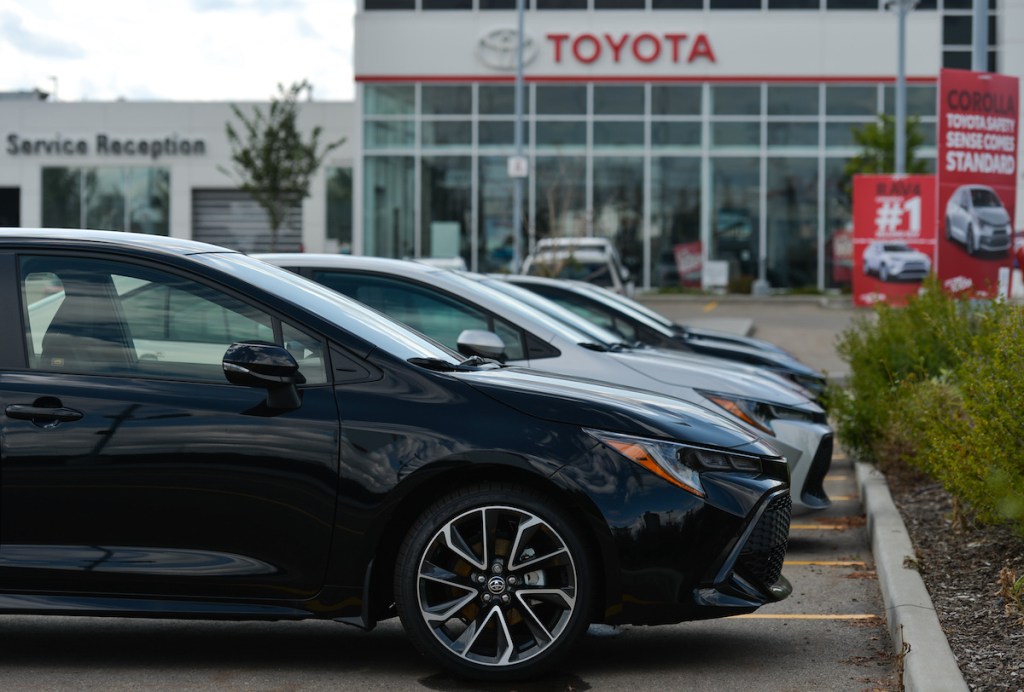
The price also represents an almost four-percent increase over August 2021. According to the federal government that is less than the almost nine percent reported over last year. And, we all know why this is happening.
If you’ve been off the grid for a year, then you may have missed the microchip shortage. Or the pandemic. Both have dropped vehicle production, unless, of course, you’re Tesla. But there is another reason popping up.
KBB says that last month buyers changed their preferences. Before September, the emphasis was on buying cheaper sedans, compacts, and entry-level cars. Now, people are purchasing expensive pickups, SUVs, and luxury vehicles.
Midsize SUVs and full-size pickups drove up new car prices
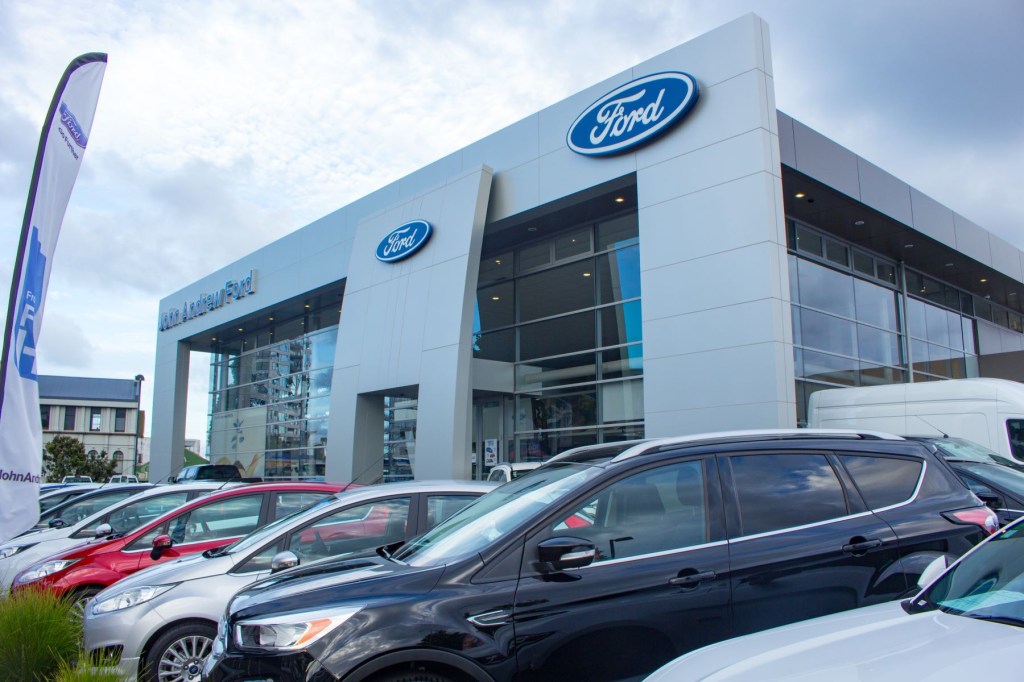
“Midsize SUV sales jumped in September compared to August, and full-size pickup share moved up as well,” Cox Automotive’s Kayla Reynolds said in a statement. “Sales of lower-priced compact and midsize cars, which had been commanding more share during the summer, faded in September. As long as new-vehicle inventory remains tight, we believe prices will remain elevated.”
KBB also mentions that few automakers are offering incentives. In a seller’s market like this, it is expected. Incentives represent only 5.2-percent of all sales over September of 2020.
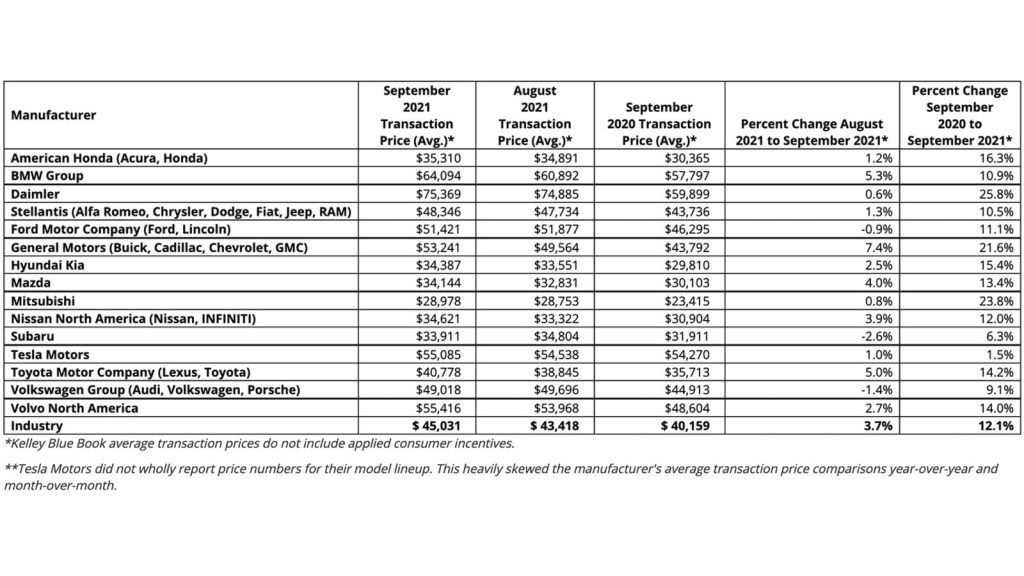
The company seeing the highest transaction car prices year-over-year was Mercedes at over 25-percent. Its average price shot up to over $75,000. Surprisingly, Mitsubishi came in second with an average year-over-year increase of over 23-percent. Suddenly, with a shortage of new vehicles, Mistubishi is a brand with inventory to snap up.
Will these price increases continue?
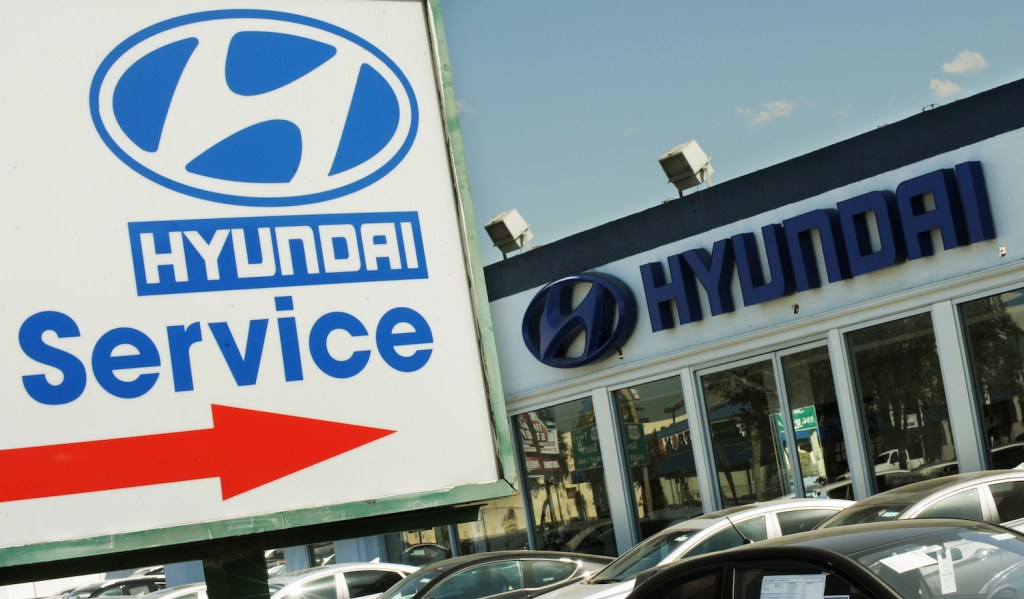
Taken together, General Motors vehicles were in third with an average transaction car price of over $53,000. Chevy and GMC pickup trucks largely contributed to this. They are in high demand, with short supplies fueling the increase.
Honda jumped over 16-percent from September 2020. Right behind it was Hyundai/Kia at over 15-percent. In single digits are Subaru and Volkswagen. The brand with the lowest increase is Tesla at only a 1.5-percent increase year-over-year. It has largely been unaffected by the chip shortage and continues to see record quarterly sales.
Unfortunately, it is expected that the increases will continue as the chip shortage drags on into next year. Though production is slowly stabilizing, it will take well into next year before automakers see their production numbers increase.



